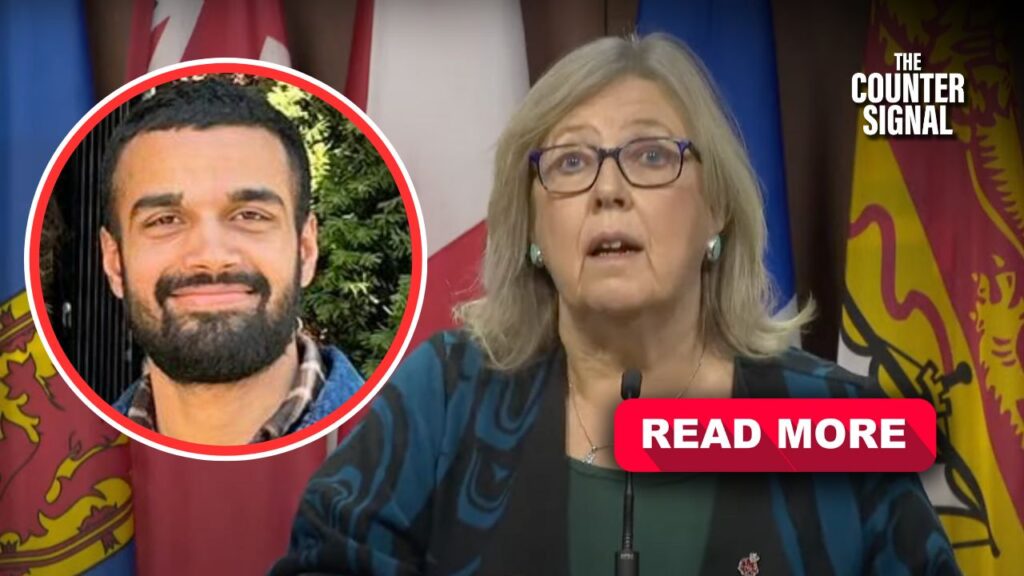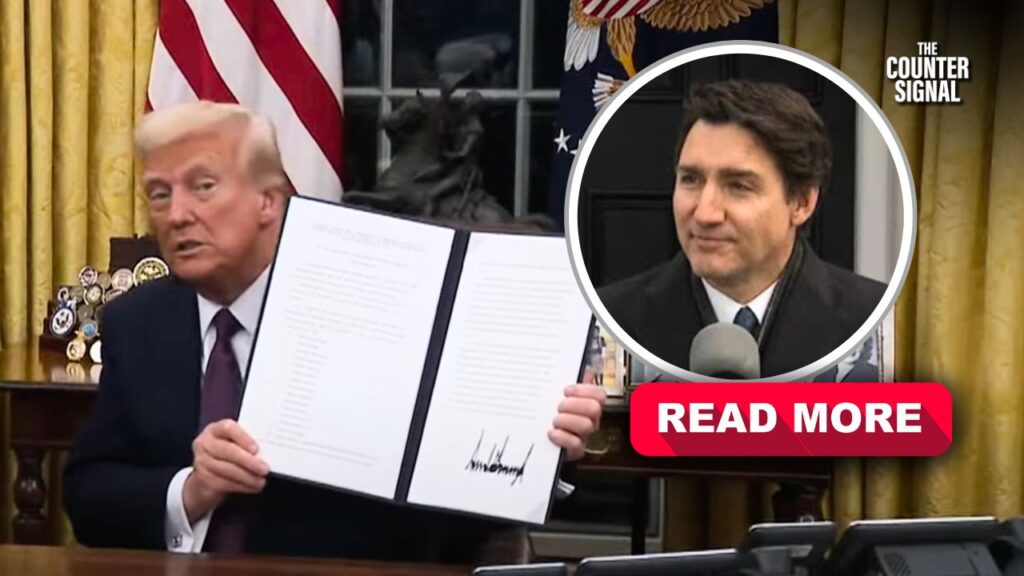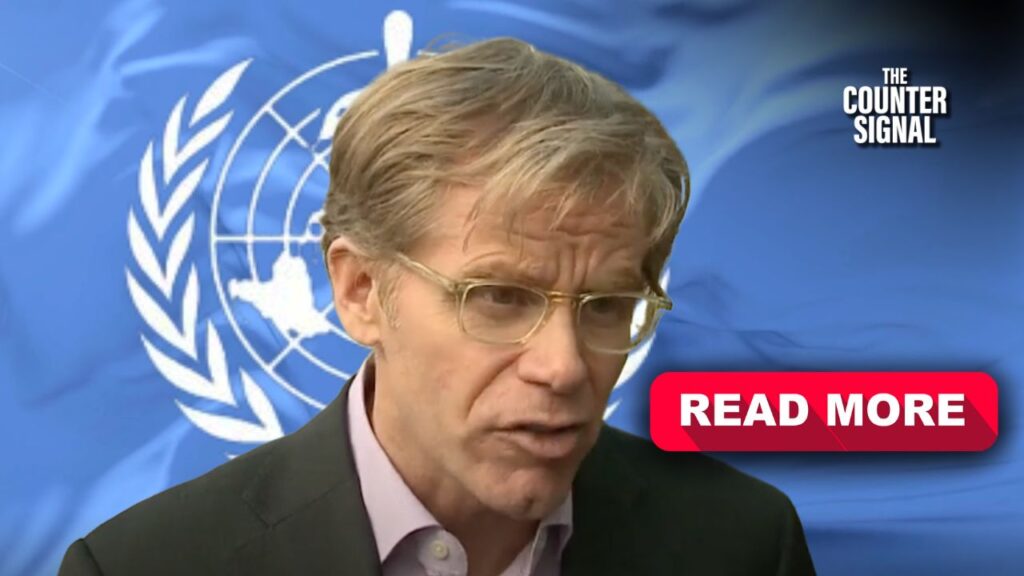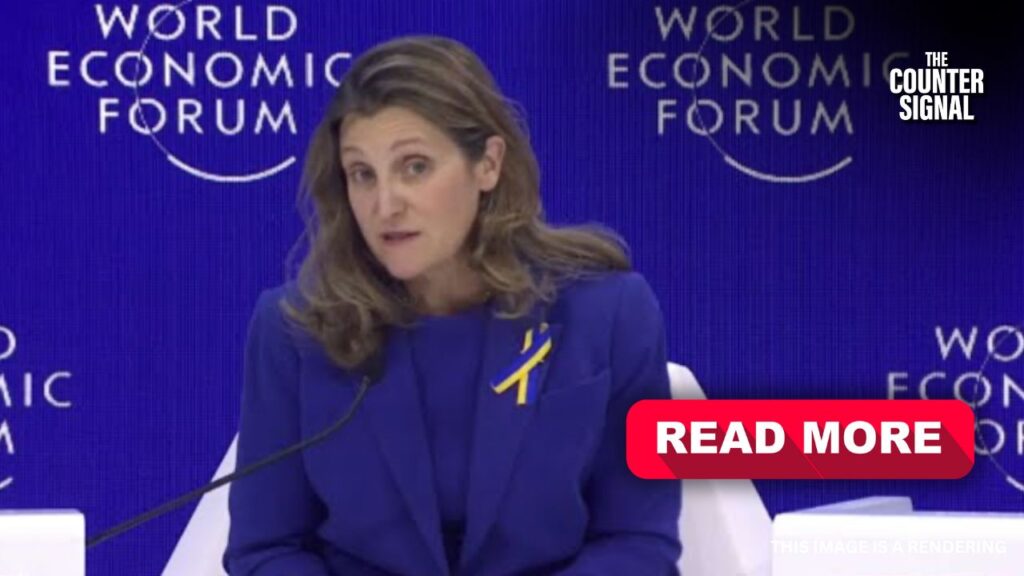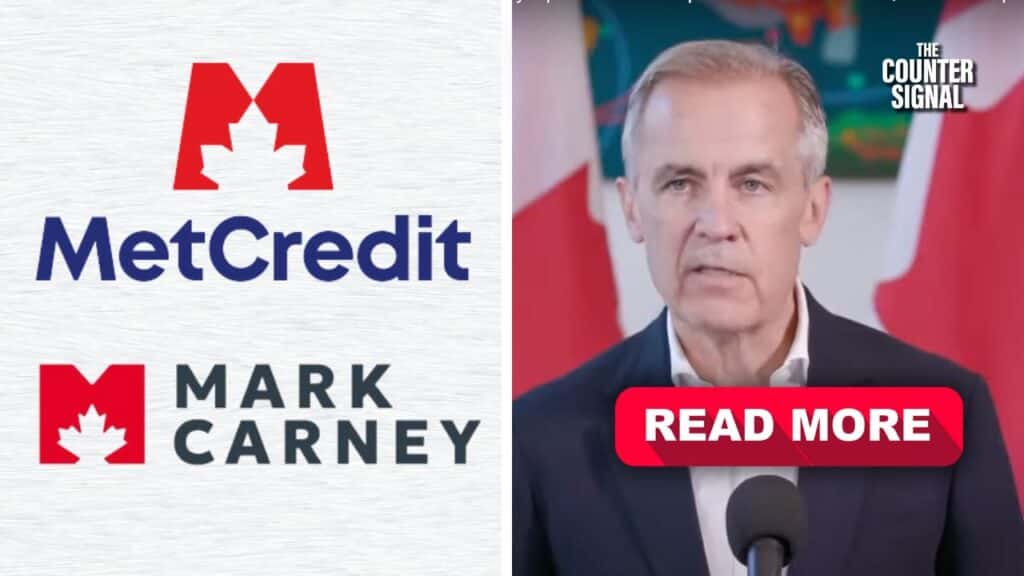WEF members and corporations have begun serious discussions about implementing a Global Carbon Tax in anticipation of ‘climate emergencies’ and prospective ‘green lockdowns’.
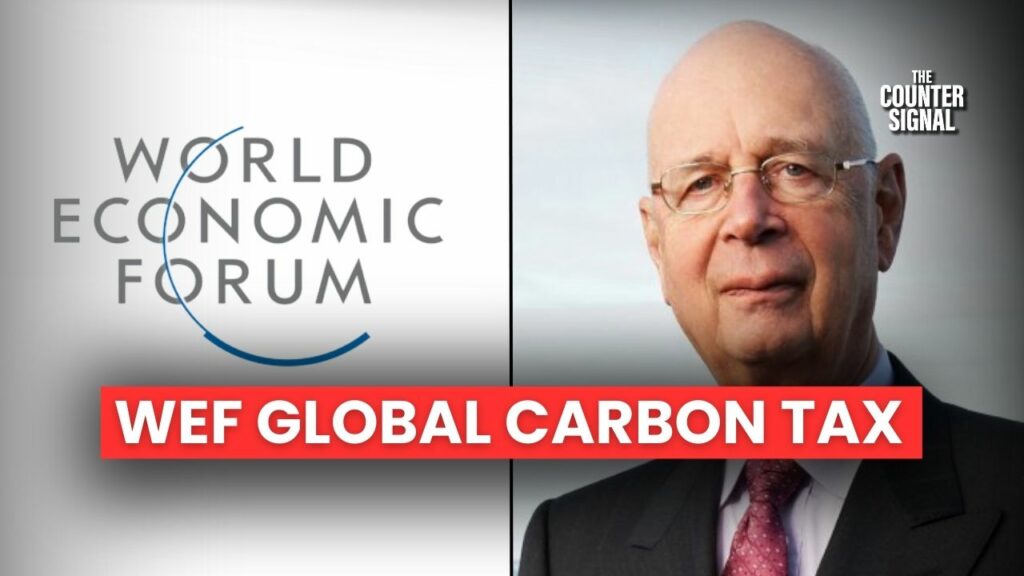
Speaking at the World Economic Forum earlier this year, a panel of world leaders and agenda contributors, along with business tycoons, all agreed that it’s time to start planning for the rollout of a Global Carbon Tax, regardless of what the people say or want.
“There is no realistic solution to the climate transition that does not involve a globally coordinated system of carbon taxes,” said WEF contributor and President of Singapore Tharman Shanmugaratnam. “… Ngozi and the [World Trade Organization] is coordinating this with several other international organizations.”
“It’s still early days. There’s a perception that it’s unjust, it’s unfair, it will lead to inflation,” Shanmugaratnam continued. “In fact, quite the contrary. If we don’t do this, the countries that will suffer most ultimately are the developing countries. They’re going to be the worst affected by climate change.”
He concluded that a Global Carbon Tax is, thus, the only “realistic solution”.
President of Singapore, Tharman Shanmugaratnam, speaking at the WEF: "There is no realistic solution to the climate transition that does not involve a globally co-ordinated system of carbon taxes."
— Wide Awake Media (@wideawake_media) April 17, 2024
"If we don't do this, the countries that will suffer most, ultimately, are the… pic.twitter.com/iL2Sd4o9hQ
And while some finance ministers around the world commented on this declaration and said that imposing yet another tax on people wouldn’t be politically popular, few, if any, rejected the idea outright.
Corporations are on board with the Global Carbon Tax
Corporations are getting on board, too. Over at the World Business Council for Sustainable Development (WBCSD), which is a CEO-led organization comprised of the biggest companies in the world (i.e., P&G, Apple, 3M, BP, Dupont, Google, etc.), business leaders have long been planning for climate emergencies and predicting what supposedly necessary green lockdowns will look like.
According to a WBCSD article from 2020, “Under a “climate lockdown,” governments would limit private-vehicle use, ban consumption of red meat, and impose extreme energy-saving measures, while fossil-fuel companies would have to stop drilling.”
How long humanity would be forced to not eat red meat and how this would immediately change the weather to such an extent that a climate lockdown could be lifted is anyone’s guess.
They further state, “To avoid such a scenario, we must overhaul our economic structures and do capitalism differently.” And that’s where the Global Carbon Tax comes in.
The WEF gets to work
The WEF has also been putting their Young Global Leaders to work on implementing a New Global Tax Agenda with the goal of dictating domestic tax policy around the world.
As part of the first stage of their agenda, the WEF has had over 140 countries agree to sign a multilateral international treaty with the common goal of imposing a Global Minimum Corporate Tax on multinational corporations.
As per the agreement, multinationals would be subject to a 15% tax rate regardless of the country in which they operate. The stated goal of this tax is to prevent multinationals from taking advantage of so-called tax havens like Switzerland and Ireland—a practice in which a company will have its headquarters in a low-tax nation while making the majority of its profits in countries like the US.
That doesn’t sound too bad, right? After all, it’s just multinationals. That is, it’s just multinationals for now.
During a discussion between WEF members on the Global Corporate Tax, when asked whether this could lead to other international taxes being adopted, members agreed that the next step would be working on the establishment of a Global Carbon Tax.
Do carbon taxes even work?
Of course, some countries already have carbon taxes, so we do have somewhere to look to see how successful they are.
Canada, in particular, is a great case study, as it’s a carbon-tax country where people are really starting to feel the pressure stemming from the unaffordability the carbon tax has wrought.
Recently, it’s become a hot topic, fueling increased criticism from the public and protests, with some officials being grilled to produce figures on exactly what net positive effect the carbon tax is having on the environment that justifies taxing Canadians even more.
Perhaps unsurprisingly, none of them have been able to provide such a figure.
When pressed on whether the carbon tax has or even can change the weather, Environment Minister Guilbeault admitted that no changes would be measurable until at least 2060. In other words, let’s just hope that it works and check back in 36 years after totally restructuring society.
And while it isn’t changing the weather in any way that’s measurable, it is driving a cost-of-living crisis, as increased fuel costs have a snowball effect on the price of anything that relies on transportation (i.e., practically everything). And it’s only the beginning.
Nonetheless, leaders around the world are lining up to mirror and intensify this failed policy, seeking to implement their own in unison, with the threat of ‘green lockdowns’ looming overhead.


